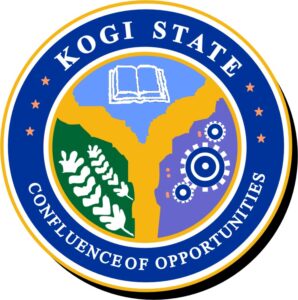Nigeria has 45m children in basic education – UBEC
Nigeria has more than 45 million children in primary schools, Executive Secretary, Universal Basic Education Commission (UBEC), Dr Hamid Boboyyi said in Abuja on Monday.
He told a one-day meeting between UBEC and the organised private sector that the N100 billion the Federal Government spent annually on basic education was no longer adequate to run basic education.
Boboyyi stressed that notwithstanding huge sums of money the Federal Government spends on education, the sector required additional resources to deliver quality education.
He called on the private sector to appreciate the importance of educating children from their tender ages so they could contribute to national development.
“Resources from the Federal Government alone cannot run the system. Nigeria has more than 45 million children in basic education sub-sector and with this number, we require the necessary classrooms.
“A state may get a maximum of may be N3 billion at the best of times, but N3 billion cannot take care of its educational needs,’’ he said.
Boboyyi lamented that there was 29 per cent reduction in the number of teachers in Nigeria’s primary school system following the COVID-19 pandemic.
He said unless the system was able to pay, motivate and compensate teachers adequately, it would be difficult to deliver high quality education.
He explained that the interface with the organised private sector aimed at evolving a system that would be beneficial to basic education in terms of quality, access and equality for the physically-challenged.
Boboyyi called on stakeholders to invest in the smart school initiative to build the technological capacity of the young population.
In her message to the meeting, Head of OandO Foundation, Mrs Adegoke Adekanla, commended UBEC for its commitment to advance basic education in Nigeria.
She was represented by an official of the foundation, Mr Ede Okechukwu who said OandO Foundation identified with the initiative to strengthen universal basic education through partnership between the public and private sectors.
“Access to quality basic education is not just a goal; it is a moral imperative that shapes the future of nations,’’ he said.
The one-day meeting focused on: “Promoting partnership with organised private sector.’’




